Are you burdened with a huge pile of debt but have no idea how to repay it? Business owners know that there are inevitable cases of financial struggles and monthly income losses. Overwhelming debt may cause you extreme stress, hardship, and pressure. Filing for bankruptcy can be your last resort to solve financial problems and stay out of debt. Bankruptcy filing is a legal process that can help you reorganize debt. This will allow you to pay off all your debts and have a fresh start. Since bankruptcy laws vary from state to state, a reliable Gulfport bankruptcy attorney can help you understand these laws depending on the jurisdiction.
Bankruptcy comes with a lot of advantages that can help you solve your financial dilemma. Even though it can be helpful, it’s a serious step that could also negatively affect your credit, appearing on your credit reports and potentially lowering your credit scores. If you’ve made the hard choice to file for bankruptcy, you may be wondering about the impact on your credit.
The article will explain the various ways on how you can rebuild your credit after bankruptcy. Here are some of the questions that you might have in mind:
- How Long Does Bankruptcy Stay on the Credit Report?
- How Long Does It Take to Rebuild Bad Credit?
- How Can You Rebuild Credit After Bankruptcy?
How Long Does Bankruptcy Stay on the Credit Report?
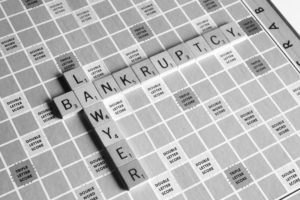 Bankruptcy can affect your credit scores for as long as it remains on your credit reports. The length of time that a bankruptcy filing stays on your credit report depends on what type of bankruptcy you filed. Among the different types of bankruptcy, Chapter 7 and Chapter 13 are considered the most common chapters.
Bankruptcy can affect your credit scores for as long as it remains on your credit reports. The length of time that a bankruptcy filing stays on your credit report depends on what type of bankruptcy you filed. Among the different types of bankruptcy, Chapter 7 and Chapter 13 are considered the most common chapters.
A Chapter 7 bankruptcy can stay on your credit report for up to 10 years from the date the bankruptcy was filed. On the other hand, Chapter 13 bankruptcy will fall off your report seven years after the filing date. After the allotted seven or ten years, the bankruptcy will automatically fall off your credit report.
Here’s how long negative information stays on your credit report:
- Chapter 7 bankruptcy filings: Up to 10 Years
- Foreclosure: Up to 7 Years
- Charge-off: Up to 7 years
- Each late payment: Up to 7 years
- Closed accounts: Up to 10 years
- Settled accounts: Up to 7 years
- Hard inquiries for new credit: Up to 2 years
- Bills sent to collection agencies: Up to 7 years
The impact of bankruptcy on your credit scores can diminish over time. This means your credit scores could begin to recover while the bankruptcy remains on your credit reports. After the bankruptcy is removed from your credit reports, you may see your bad credit scores begin to improve especially if you pay your bills in full and on time and use credit responsibly.
How Long Does It Take to Rebuild Bad Credit?
Bad credit refers to a debtor’s history of late payments of charge-off accounts. It is often reflected in a low credit score. According to myFICO, a bad FICO credit score is one that falls between 300 and 579, out of a possible 850. To fix a poor credit score, you need to identify the following factors that are making a negative impact:
- The type of negative information on your credit report
- The number of negative or derogatory marks are on your credit report
- Where your credit rating was before your score dropped
- The age of negative information
How Can You Rebuild Credit After Bankruptcy?
The higher your credit score, the more likely you are to qualify for the credit with better interest rates and terms. If your score is low, it can be difficult to obtain affordable credit or to get approved for a loan or credit card at all. A competent Gulfport bankruptcy attorney can explain the different options on how to repair and improve your credit. Here are some ways on how to improve your credit score after bankruptcy:
Use a Secured Credit Card
After your bankruptcy, you may try obtaining a secured credit card. These credit cards require a cash deposit to open your account, which doubles your credit limit. You can use it to build a positive revolving credit history when paid on time. You have to make sure that any secured card you apply for does report all account activity to the credit bureaus.
To help you improve your credit score, you need to make sure that you’ll make payments in full and on time and you’ll keep your credit card utilization rate low. The amount of the credit limit you’re currently using is expressed at your credit utilization rate. It is recommended to use no more than 30% of your credit limit at any point. Responsible credit card use can be part of your credit recovery.
Pay Your Bills on Time
Payment history is the largest contributing factor to your credit score. One of the best ways to make payments on time is to set up an autopay for recurring loans and mortgages. Your bill will be charged directly from your bank account on the due date. This can help you avoid late or missed payments.
Review Your Credit Report
After receiving a bankruptcy discharge, it is important to review your credit reports to ensure that only the accounts that were part of your bankruptcy are reported by the credit bureaus as “discharged”. If you notice incorrect details and information on your credit report, start the process of correcting errors with creditors and credit reporting agencies. It is highly recommended to get a current copy of your credit report and review it regularly. You can order your free report from each of the three credit reporting companies once every 12 months.
The Role of a Bankruptcy Attorney
Declaring bankruptcy is a major decision since it can have a big impact on your credit profile. However, the negative effects won’t last forever. Credit scores change when the information in your credit report changes as well. There are various ways on how to rebuild your credit over time. For legal help in repairing your credit, do not hesitate to schedule a consultation with a Gulfport bankruptcy law firm. At Rollins Law Firm, we will help you improve your credit score and credit history, one step at a time. We will help you focus on good financial habits to be able to reach your credit and financial goals.

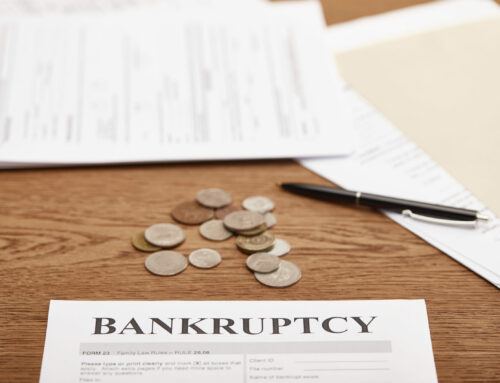
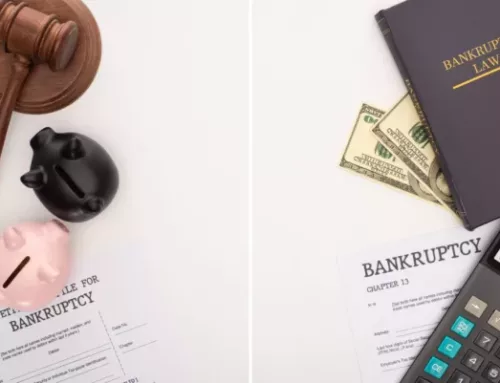
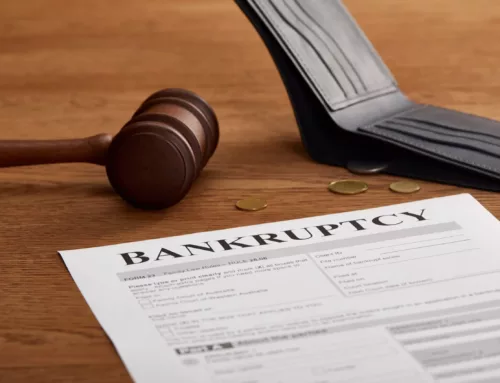
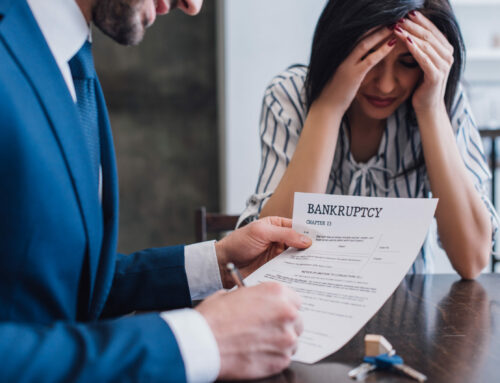

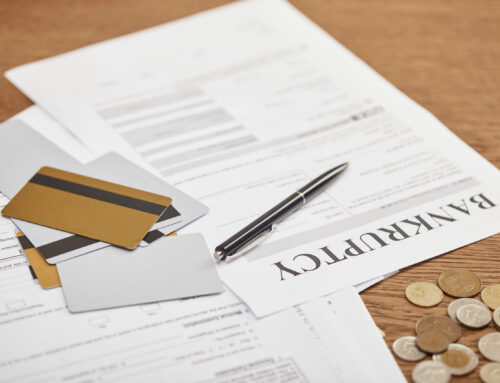

Connect with Us